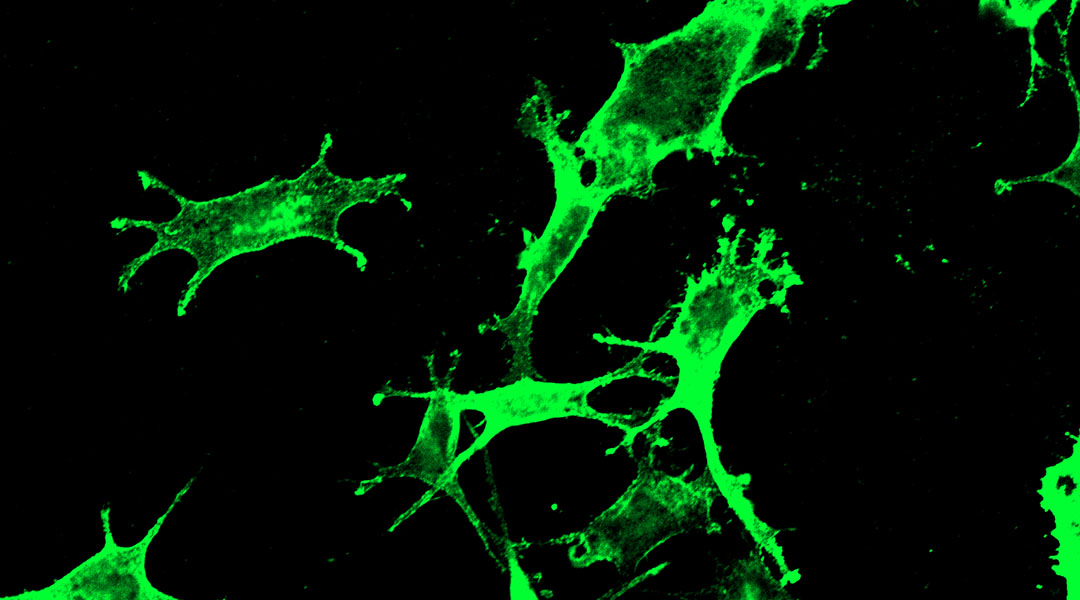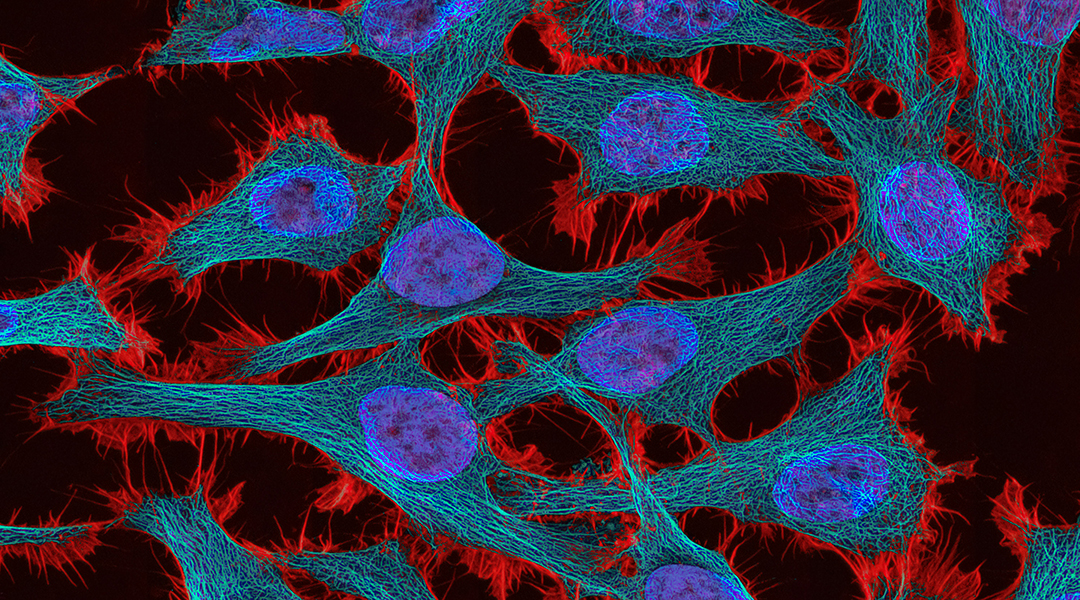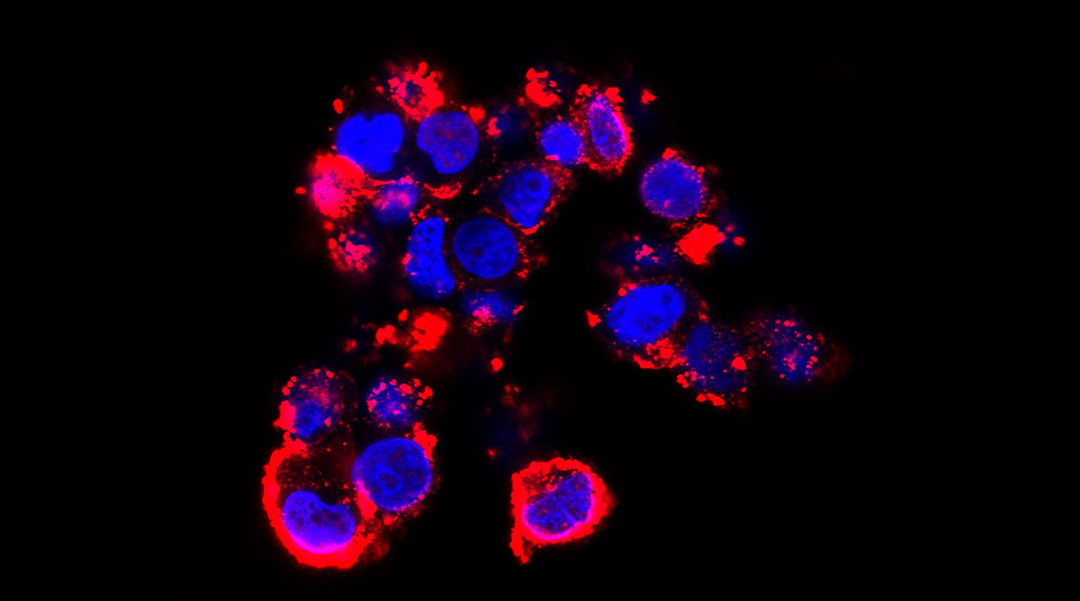SARS-CoV-2 marker used to trigger the immune system against cancer, showing promise in shrinking tumors and improving survival in mice.


SARS-CoV-2 marker used to trigger the immune system against cancer, showing promise in shrinking tumors and improving survival in mice.
https://www.youtube.com/watch?v=Q6OesBgrbgE Researchers are exploring a new approach to cancer treatment by transforming tumor cells into a more rigid, fibrotic state, which may help to slow cancer’s growth. Traditionally, fibrosis — a process that thickens tissue —...

New findings shed light on how cervical cancer spreads to the lymph nodes, opening the door for treatments that could stop the process.

Nanoparticles deliver anti-cancer drugs in hard-to-reach brain tumors prevalent in children, boosting both diagnosis and treatment.

Nanoparticles with innovative coatings target tumor cells, enhancing chemotherapy effectiveness while minimizing side effects.

Research uncovers how tumor cells’ stem cell-like qualities and their ability to evade the immune system helps some cancers spread during metastasis.

A new approach to cancer treatment combines gene editing with a known chemotherapy drug, harnessing the benefits of both for better outcomes.

Bacteria residing inside tumors provide a surprisingly powerful immunotherapy platform to combat different cancers.

Inspired by brain-invading bacteria, researchers have created nanocapsules that covertly shuttle drugs across the blood–brain barrier.

A new in situ, personalized cancer vaccine captures molecules from growing tumors to activate the body’s immune cells against them.